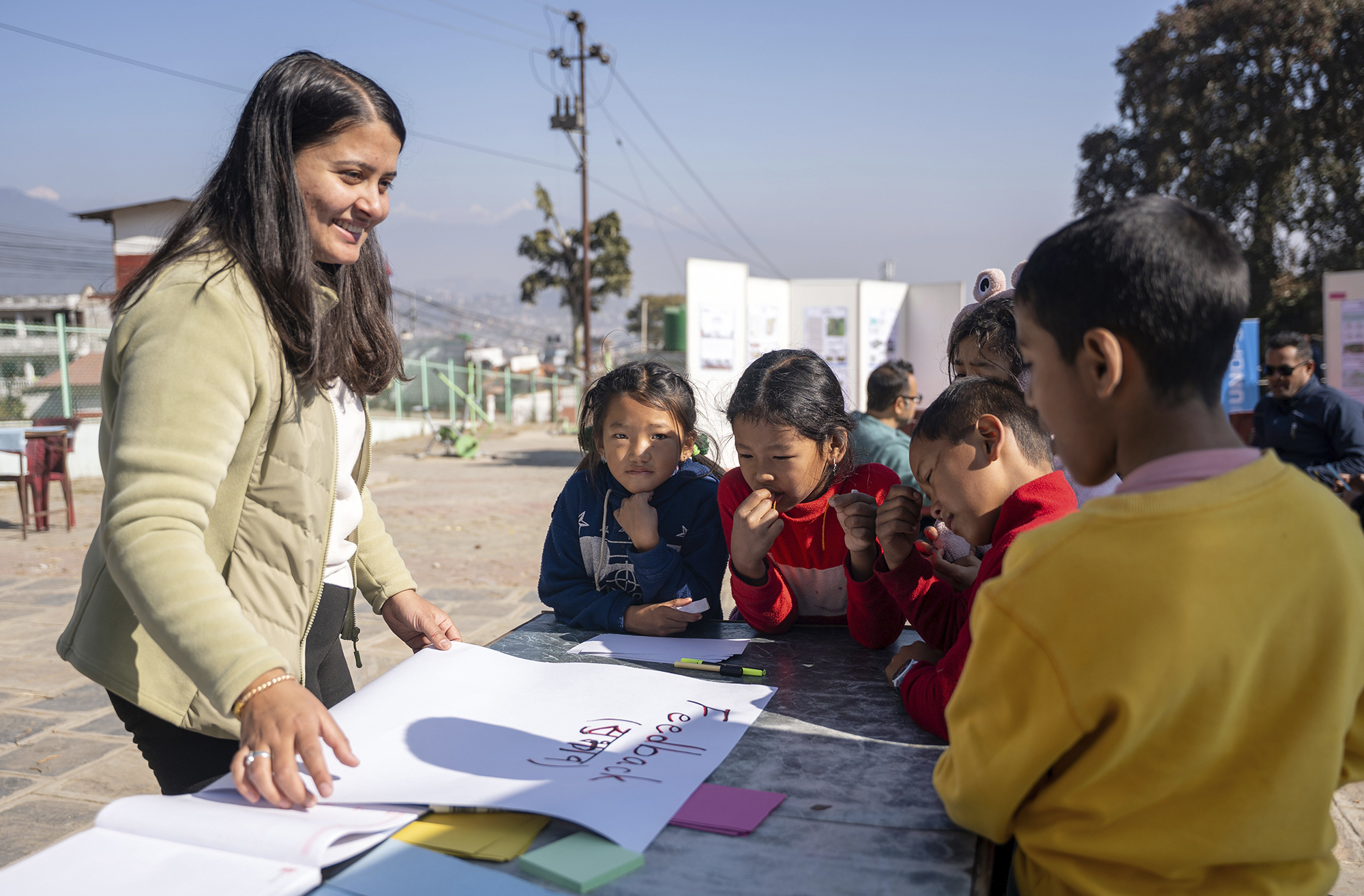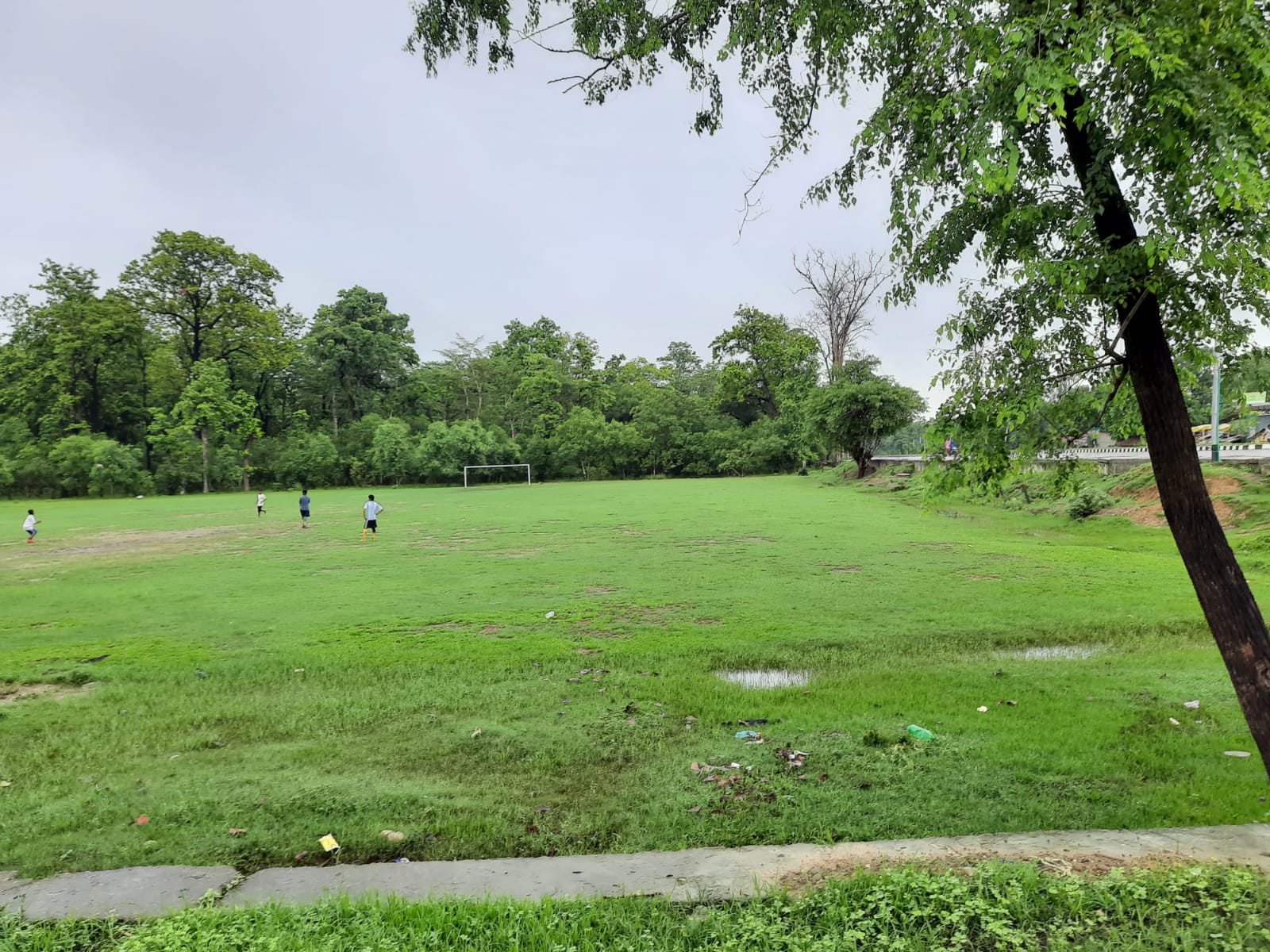Housing Laboratory
Precarious Settlements and Social Housing:
Impacts and Answers to COVID-19
Ministers Dialogue
On April 22, the Housing Laboratory on Precarious Settlements and Social Housing: Impacts and Answers to COVID-19 brought together Ministers and high-level officials from the housing sector in Latin America and the Caribbean. The participants exchanged about the impacts and measures being taken by national governments to tackle the crisis across the region, especially in informal settlements.
The event provided a platform of dialogue between national governments, civil society, private sector, and international development representatives, on the priorities for public action and the strategic roadmap needed for intersectoral coordination in the region, as well as the opportunities that the current crisis may bring to improve the living conditions of the most vulnerable communities.
There is no possibility of overcoming this crisis without strong support and action by social and community-based organizations and their networks, said María Eugenia Bielsa, Minister of Territorial Development and Habitat, Argentina.
In the context of the emergency response, the participants agreed that the provision of basic services for the residents of informal settlements must be prioritized. This includes immediate assistance, accurate information, economic support, access to water, and decent housing conditions, in coordination with community-based networks, governments, and urban stakeholders.
“No evictions seem to be the general consensus, as a response to the COVID-19 crisis, among Housing Ministers in the region,” said Jonathan Malagón, Colombia’s Housing Minister and President of MINURVI, the Association of Ministers of Housing in the LAC region.
“The private sector must respond to the needs of residents in informal settlements, they represent the new and urgent demand. Families are rooted in their settlements, and maybe what they need right now is not a new house somewhere, but rather to improve the houses where they already live” said Tulio Vazquez, from the InterAmerican Housing Union (UNIAPRAVI).
In the mid and longer-term, measures related to migration, land tenure, review of legal frameworks, finance, and public investment models will need also to be implemented.
This event was the second of the series of Housing Laboratories (Laboratorios de Vivienda LAVs) on COVID-19 response in Latin America, organized by the Urban Housing Practitioners Hub (UHPH) in partnership with Cities Alliance, UN-Habitat, Habitat for Humanity and MINURVI, among others.
Download the concept note in Spanish





